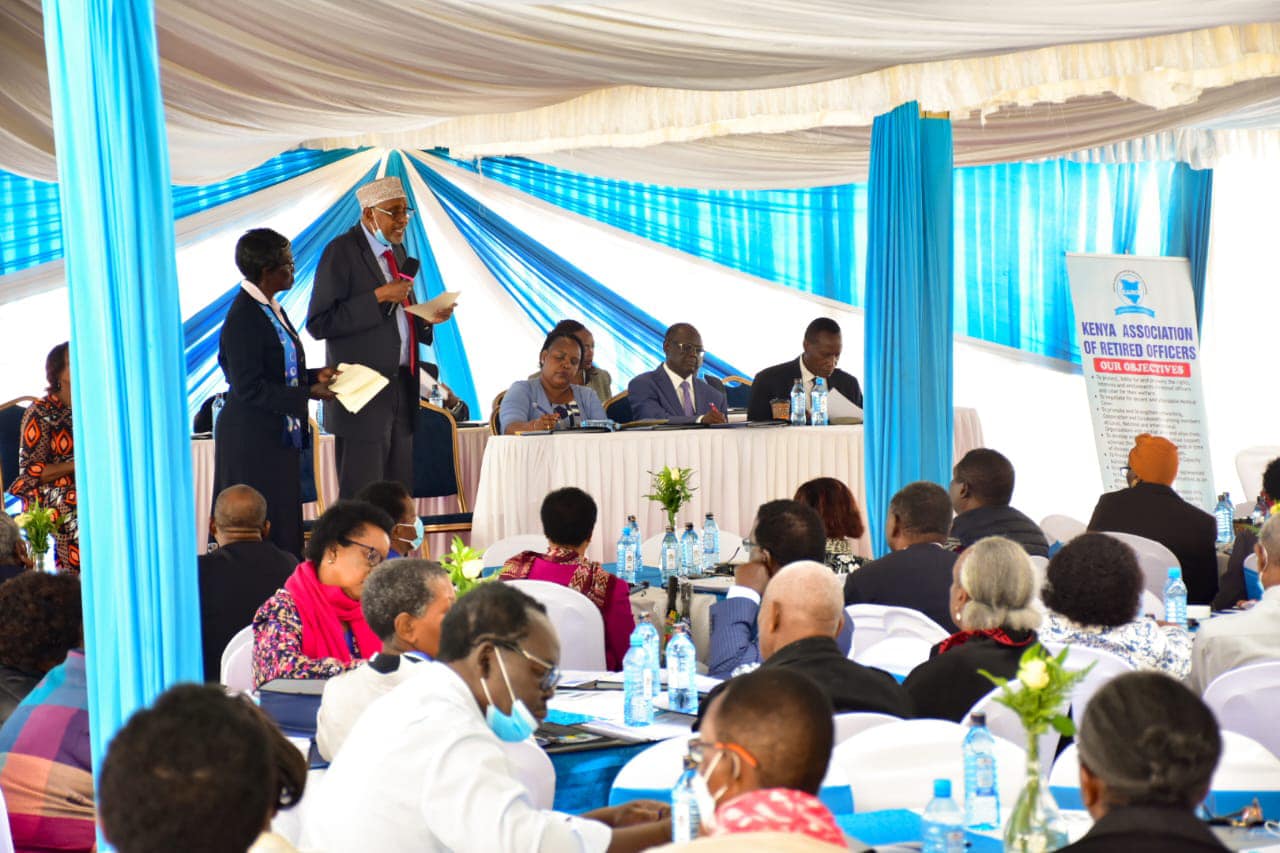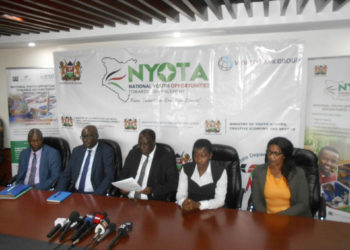The Kenya Association of Retired Officers (KARO) has called upon the Salaries and Remuneration Commission (SRC) to reassess pension structures, aligning them with the demands of the present economic landscape.
In June 2015, the Public Sector Remuneration and Benefits Policy Framework recommended that any salary adjustments in the public sector should be accompanied by corresponding adjustments in pensions. At the Kenya Social Protection Conference in 2023, the government pledged to expand social protection coverage, specifically increasing the National Safety Net Programme’s reach from 1.2 million to 2.5 million households.
KARO, primarily composed of retired public officers from various sectors, raised concerns about its members who have been receiving pensions as low as KES 3,000 for over a decade. They argue that these payments are inadequate given the escalating cost of living. In accordance with the 2015 Public Sector Remuneration and Benefits Policy Framework, which recommended pension adjustments alongside salary changes, KARO is advocating for an annual review of pensions by the SRC.
Ahmed Hussein, the Chair of KARO, stated, “These recommendations, unfortunately, have never been implemented, leaving retirees with low-value pensions that erode over time, with some receiving as little as KES 3,000, significantly below Kenya’s national poverty line.”
Hussein emphasized KARO’s proposal to review pensions for those who retired before 2005 and adjust them to account for inflation and the cost of living. This proposal was passed by parliament and subsequently forwarded to the SRC and the National Treasury for consideration.
The Minister of Labour, Social Protection, and Services, Florence Bore, acknowledged the challenges faced by older persons who continue to receive minimal and stagnant pensions. She said, “It has come to our attention in the ministry that the pension provided to older persons is insufficient and unimproved. Older members of our society face challenges such as inadequate basic needs, including food and shelter, as well as social issues like neglect, elderly abuse, and declining income needs.”
During the Kenya Social Protection Conference in 2023, the government reaffirmed its commitment to expanding social protection coverage, with the aim of increasing the National Safety Net Programme’s coverage to 2.5 million households from the existing 1.2 million. This move is intended to provide essential support to those in need, particularly impoverished and vulnerable children. However, KARO and others have pointed out that the monthly cash transfer amount has remained unchanged since 2012, despite annual inflation rates exceeding six percent, which has eroded its purchasing power. Consequently, KARO is urging the government to reassess this aspect to ensure that the support remains relevant in the face of rising living costs.
KARO patron Kiraitu Murungi expressed concerns that the enactment of the Social Health Insurance Act could adversely affect the KARO Comprehensive Health scheme, which provides healthcare coverage for retired officers. He emphasized the scheme’s significance, particularly for elderly individuals who rely on it for healthcare support.


















